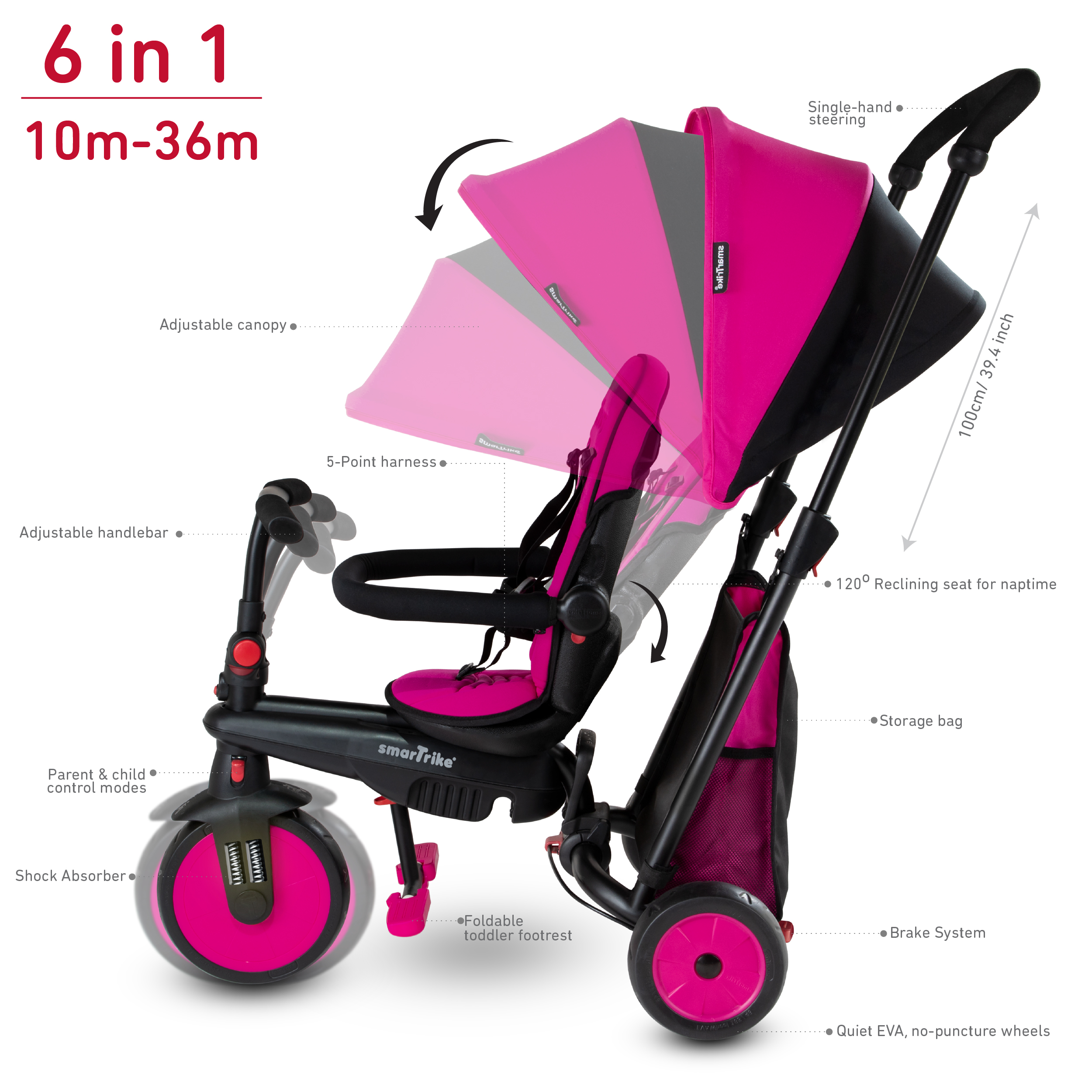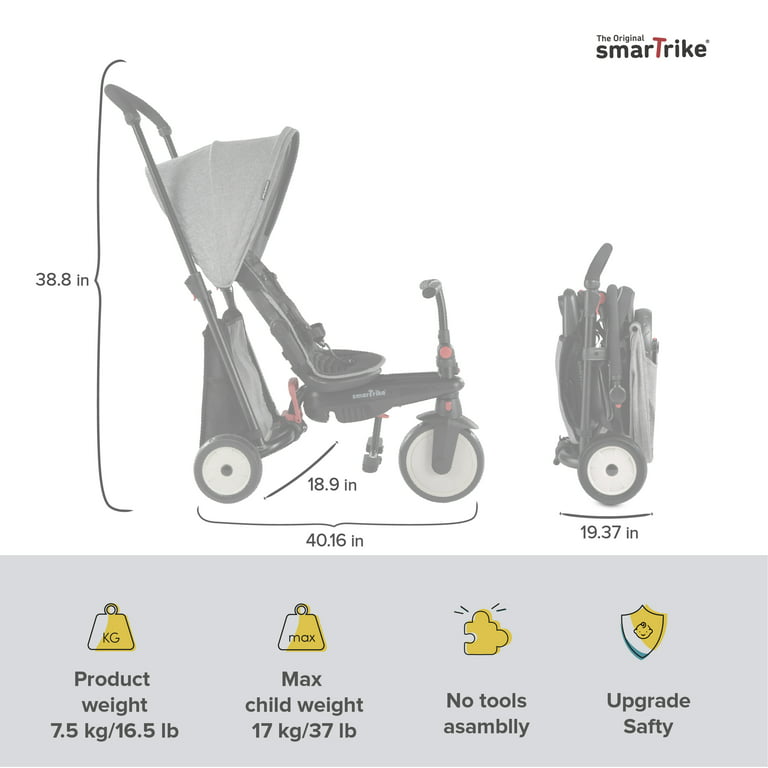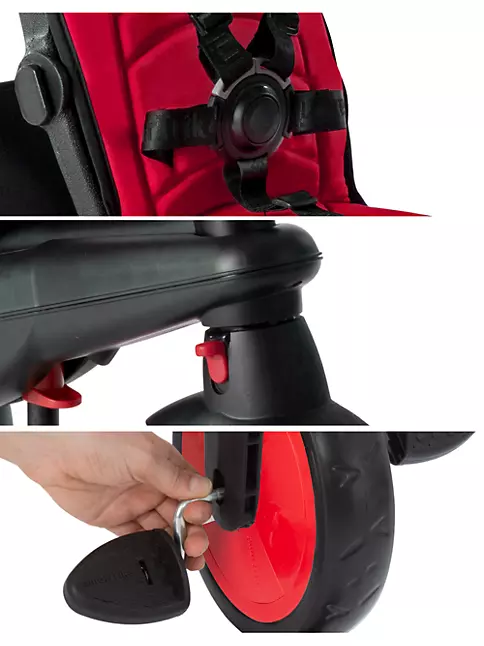
Amazon.com: smarTrike 5 in 1 Adjustable Modular Foldable Toddler Stroller Tricycle Combo with 1 Hand Steering, Shock Absorbency, and 5 Point Harness, Light Blue : Baby

Amazon.com: smarTrike 5 in 1 Adjustable Modular Foldable Toddler Stroller Tricycle Combo with 1 Hand Steering, Shock Absorbency, and 5 Point Harness, Light Blue : Baby

Amazon.com: smarTrike 5 in 1 Adjustable Modular Foldable Toddler Stroller Tricycle Combo with 1 Hand Steering, Shock Absorbency, and 5 Point Harness, Light Blue : Baby

Amazon.com: smarTrike 5 in 1 Adjustable Modular Foldable Toddler Stroller Tricycle Combo with 1 Hand Steering, Shock Absorbency, and 5 Point Harness, Light Blue : Baby

SMART TRIKE TUTORIAL AND REVIEW | STR3 FOLDING PUSHCHAIR TRIKE | BABY AND TODDLER STROLLER TRIKE - YouTube

Smartrike Str3 Folding Toddler Tricycle With Stroller Certification 6-in-1 Multi-stage Trike - Pink - 1-3 Years : Target




















